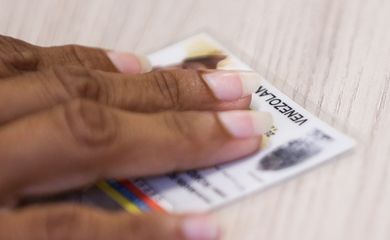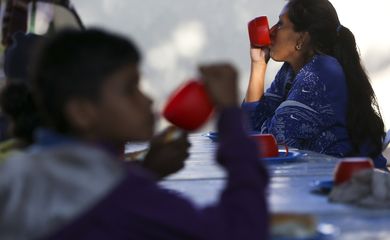Brazil creates committee on violence against immigrants, refugees

Brazil’s National Committee for Refugees CONARE announced today (Feb. 7) the creation of the Observatory of Violence against Migrants and Refugees to monitor cases and help devise public policies to tackle the issue. The decision had been made at a plenary session on February 3.

The observatory is formed by officials from the country’s Ministry of Justice and Public Security and the Ministry of Foreign Relations and should have as its “first task” the monitoring of “the cases of violence against members of the Congolese community in Brazil, especially the case of Congolese citizen Moïse Mugenyi Kabagambe, who recently fell victim of a heinous crime committed in Rio de Janeiro.”
Footage released by the police on February 1 shows the aggression inflicted on the Congolese national on January 24 at beach kiosk Tropicália, in Barra da Tijuca, western Rio de Janeiro.
Three men were charged with homicide with two aggravating circumstances, said Henrique Damasceno, chief of police at the Homicide Division of Rio de Janeiro. In the video, three men are seen brutally attacking Kabagambe with bats after a brawl erupted at the beach stall.
The victim’s parents claim he had gone to the place to collect a debt, but the assailants said he had started a fight at the establishment, where he had worked as an attendant.
Kabagambe was buried on January 30 at the Irajá Cemetery amid protests by friends and relatives, with African music and dance. He came to Brazil in 2011 to run away from armed conflicts in the Democratic Republic of the Congo.
Inquiry
Rio de Janeiro prosecutors have opened an inquiry to investigate the death of the Congolese man. The probe should look into the labor ties between the parties.
The report points towards possible employment with no labor rights and may be classified as slave-like conditions under forced labor, with xenophobia and racism. The inquiry runs parallel to the criminal investigations.
On Saturday (Feb. 5), a rally was staged outside of the Tropicália stall and gathered racial equality and human rights advocates.





